Afghans struggle to save avalanche survivors
Afghan authorities have confirmed at least 119 deaths after avalanches buried entire villages in the north, east and central parts of the country. Meanwhile, civilian and government rescue workers are trying desperately to dig out possible survivors.
Army helicopters were dispatched to the affected mountainous areas on Tuesday to deliver aid as rescuers on the ground battled intense snowdrifts to reach remote villages and towns, using basic equipment such as shovels.
Rescue workers have been struggling to reach affected areas since Sunday when people, houses and livestock vanished under heavy snow as a series of avalanches blocked roads and passes.

According to the defense ministry, the army has been forced to airdrop supplies in some areas struck by heavy snow and poor visibility.
Read more:
Nearly 600 houses in Nuristan have been destroyed, according to provincial governor Hafiz Abdul Qayyom.
Residents in Barg-e-Matal district of the province said they had used any possible tools to shift piles of snow as hopes were diminishing for pulling out any more survivors.

Speaking about the emergency situation on Tuesday, President Ashraf Ghani stated that avalanches and freezing weather had claimed as many as 160 lives and destroyed hundreds of houses in the past six weeks.
He pointed out to the war-damaged infrastructure as a major constraint to contingency plans and rescue operations in the wake of natural disasters.
"Natural disasters can hurt any country, but it is hurting us most, because the war has limited our abilities. We can't help the needy people the way we should," Ghani said.
Meanwhile, the United Nations Office for the Coordination of Humanitarian Affairs has stated that it may be difficult to ascertain the full extent of the damage, considering the difficulty of accessing the affected areas.
Despite receiving billions of dollars in international aid in the wake of the 2001 US-led war against the country, Afghanistan remains one of the world's most impoverished nations.
April 17: ‘Axis of Resistance’ operations against Israeli occupation
UN Security Council to vote on full Palestinian UN membership on Friday
Palestinians across Gaza Strip caught in grip of 'man-made famine’: UNRWA
UK, Italy call on Israel to refrain from escalating tensions in region
VIDEO | Toronto activists block Canada-US rail line in support of Gaza
FM: Iran informed US of retaliatory strikes against Israel
VIDEO | Press TV's news headlines
VIDEO | London demonstration calls for UK to stop exporting arms to Israel


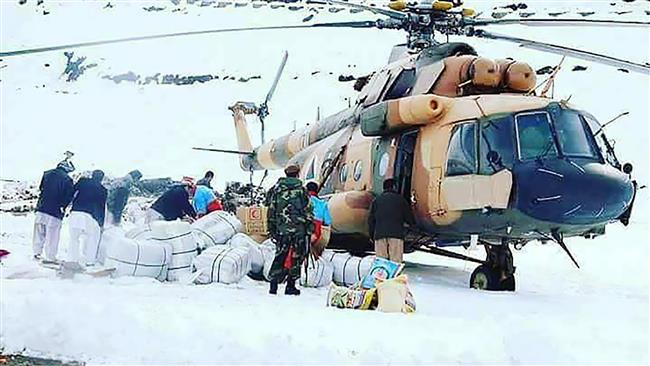
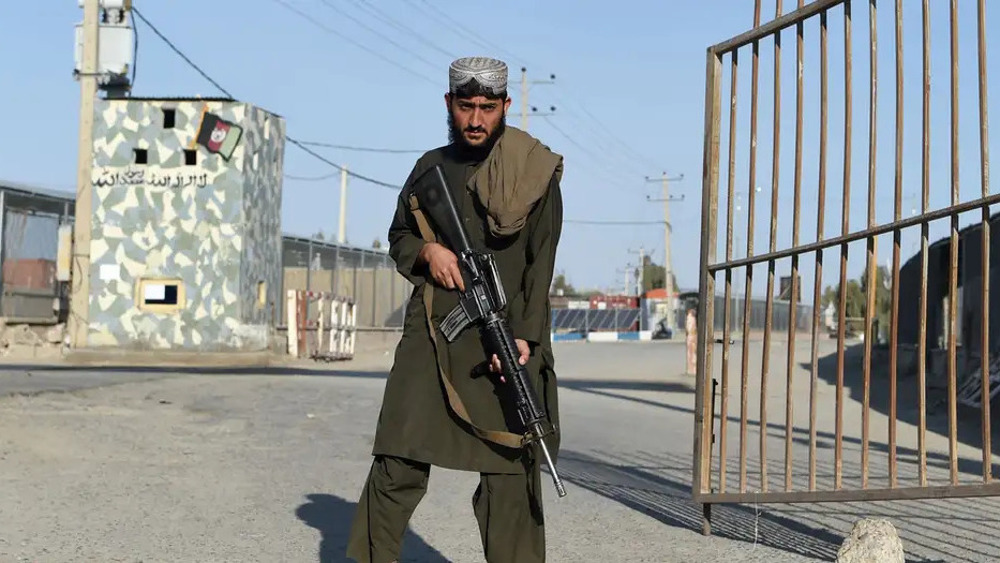
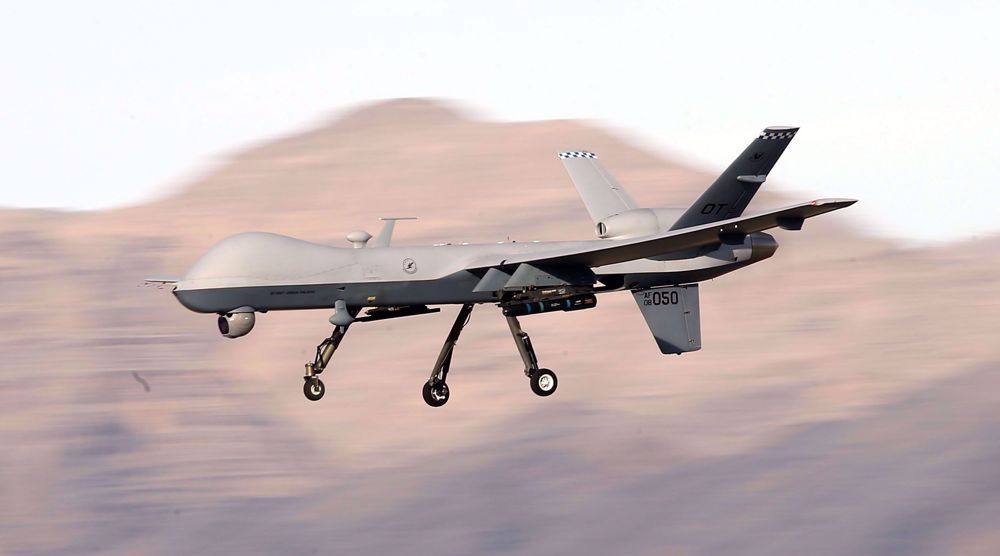
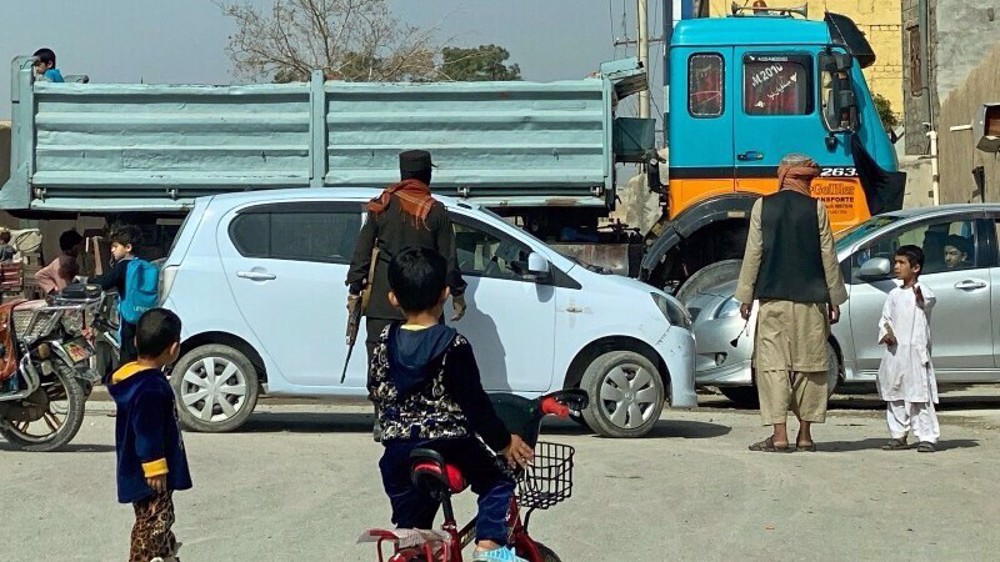



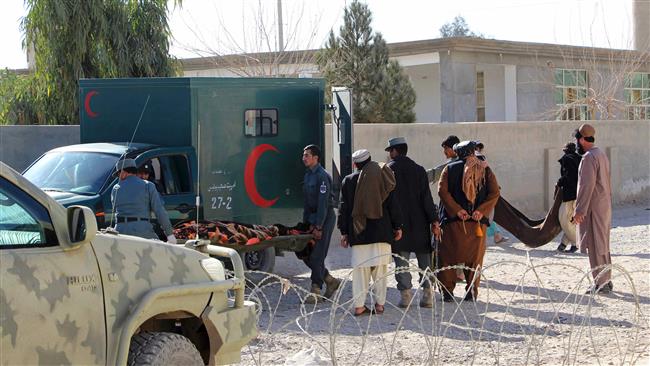
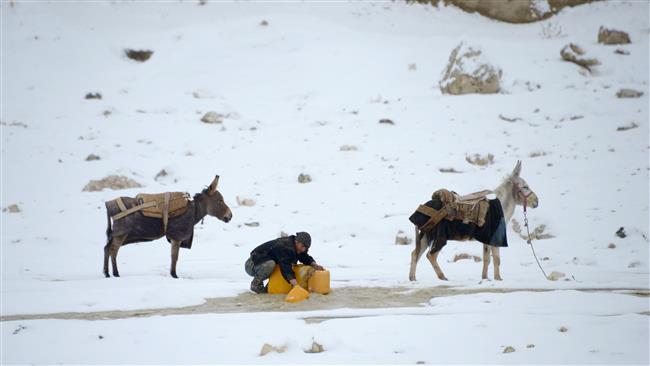
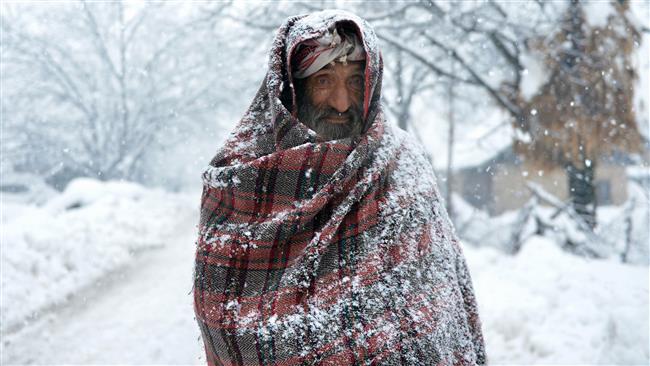

 This makes it easy to access the Press TV website
This makes it easy to access the Press TV website